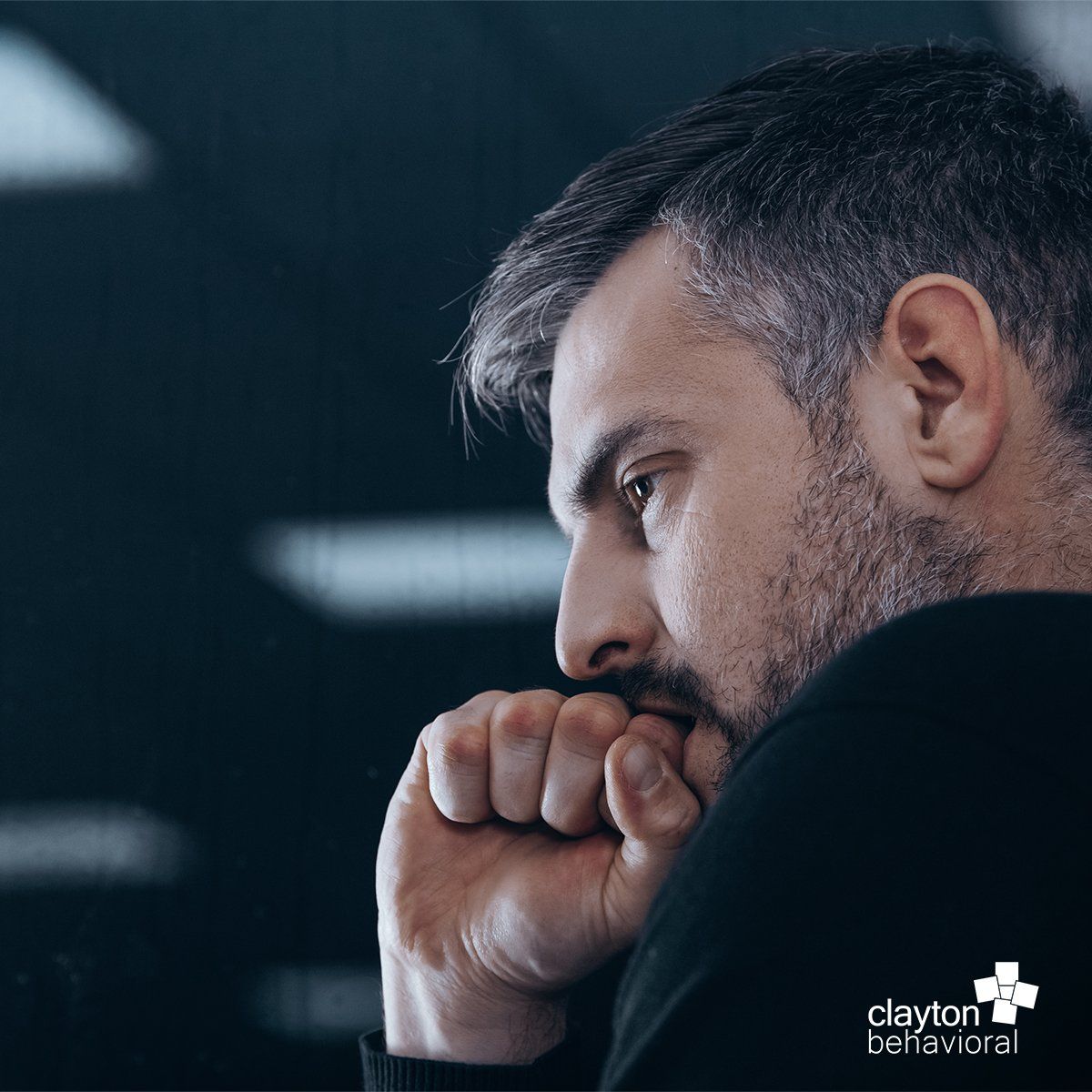Can Mindfulness Meditation Help Persons With Opioid Addiction?

Many people with addiction around the world have used 12-step recovery programs to achieve and support long-term sobriety. While recovery literature often deals directly with the notion of connecting with a “Higher Power,” the eleventh step also directly addresses the concept of meditation as vital to maintaining recovery.
Positive Effects of Meditation, Supported by Neuroscience
The emotional, mental, physical and psychological benefits of meditation have been substantiated by many studies that have examined its positive effects on the brain. A study published in Nature Reviews Neuroscience in 2015 utilized neuroimaging technology to examine the mechanisms underlying these positive effects.
Called “The Neuroscience of Mindfulness Meditation,” the scientists wrote:
“Research over the past two decades broadly supports the claim that mindfulness meditation - practiced widely for the reduction of stress and promotion of health - exerts beneficial effects on physical and mental health, and cognitive performance.”
It then goes on to detail the role of neuroimaging, which allows scientists to actually see how meditation impacts different areas of the brain.
Decreasing Opioid Cravings in Patients with Chronic Pain
Another study by University of Utah professor, Eric Garland, Ph.D., shows how these positive benefits can be implemented to interrupt the cravings of opioid cravings. Garland spearheaded the development of a program called Mindfulness-Oriented Recovery Enhancement (MORE) , which studied patients who used opioids to treat chronic pain.
“Participants in Garland's study received eight weeks of instruction in applying mindfulness-oriented techniques to alleviate pain and craving while strengthening positive emotions and the sense of reward and meaning in life,” a description of the study reads.
Outcomes supported a quantifiable link between implementing mindfulness techniques and a decreased desire to turn to drugs. Garland’s findings were later published in the Journal of Consulting and Clinical Psychology.
Mindfulness Meditation for Relapse Prevention
Additional studies also point towards mindfulness meditation as a possible strategy to help persons with addiction remain sober once they’ve achieved a period of drug cessation.
A study called “Mindfulness Meditation for Substance Use Disorders: A Systematic Review” from 2010 found evidence that consistent mindfulness meditation by persons with addiction could be an effective component of relapse prevention, but additional research would be required to further confirm a positive correlation.
How We Can Help
Clayton Behavioral provides intensive outpatient addiction programs ranging from six weeks to six months. We also offer safe medical detoxification, psychiatric assessment and treatment, psychotherapy for anxiety, depression, and other co-occurring mental health problems and continued care and support groups to facilitate long-term recovery.
If you think you or someone you know may be affected by alcoholism or drug addiction, please contact us for a confidential individual or family consultation at 314-222-5830. You can also visit our website or send us an email for more information.

Contact Us
9890 Clayton Rd, Suite 100
St. Louis, MO 63124
Annex
9904 Clayton Road, Suite 135
St. Louis, MO 63124








